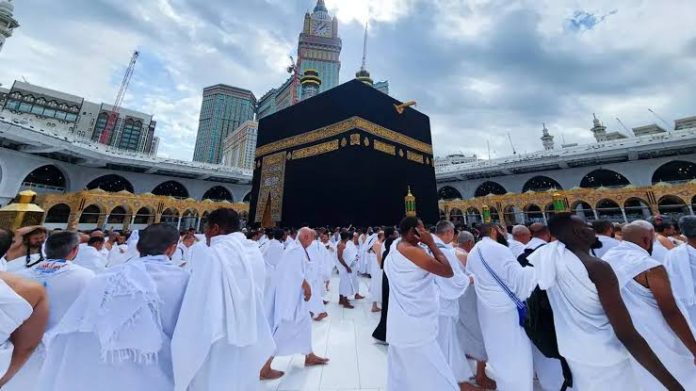The recent announcement by the Saudi Ministry of Hajj and Umrah regarding visa exemptions for certain countries, namely the European Union (EU), the United Kingdom (UK), and the United States, marks a significant step towards facilitating the Umrah pilgrimage process. This initiative, aligned with Saudi Arabia’s Vision 2030 objectives, aims to enhance the experience for pilgrims while streamlining the administrative procedures involved.
By allowing eligible individuals from these regions to perform Umrah without a prior visa, Saudi Arabia is not only simplifying the pilgrimage process but also encouraging more people to undertake this sacred journey. The decision to extend visa-on-arrival options to first-degree relatives of the visa holder further promotes accessibility, whether for religious or tourism purposes. This inclusivity demonstrates the Kingdom’s commitment to accommodating the diverse needs of pilgrims and visitors alike.
The utilization of technology, such as the Nusk app, facilitates pilgrimage planning, offering convenience and efficiency to pilgrims. Additionally, the provision for on-the-spot arrangements upon arrival caters to those who may prefer more flexible travel arrangements. Furthermore, extending the option to perform Umrah to transit visa holders traveling via Saudi airlines demonstrates the government’s dedication to easing the journey for Muslims worldwide.
Umrah, often referred to as the “lesser pilgrimage,” holds immense spiritual significance in Islam, allowing believers to seek closeness to Allah and spiritual rewards. Unlike the Hajj, which has specific dates, Umrah can be performed throughout the year, providing flexibility for individuals to embark on this spiritual journey at their convenience.
Looking ahead, as preparations for the upcoming Hajj in June are underway, Saudi Arabia continues to prioritize the well-being and comfort of pilgrims. The significant number of over 13.5 million Umrah pilgrims from the Muslim world highlights the importance of these initiatives and the positive impact they have on facilitating religious obligations for millions of believers. Ultimately, these efforts contribute to fostering a sense of unity and spiritual fulfillment within the global Muslim community.


